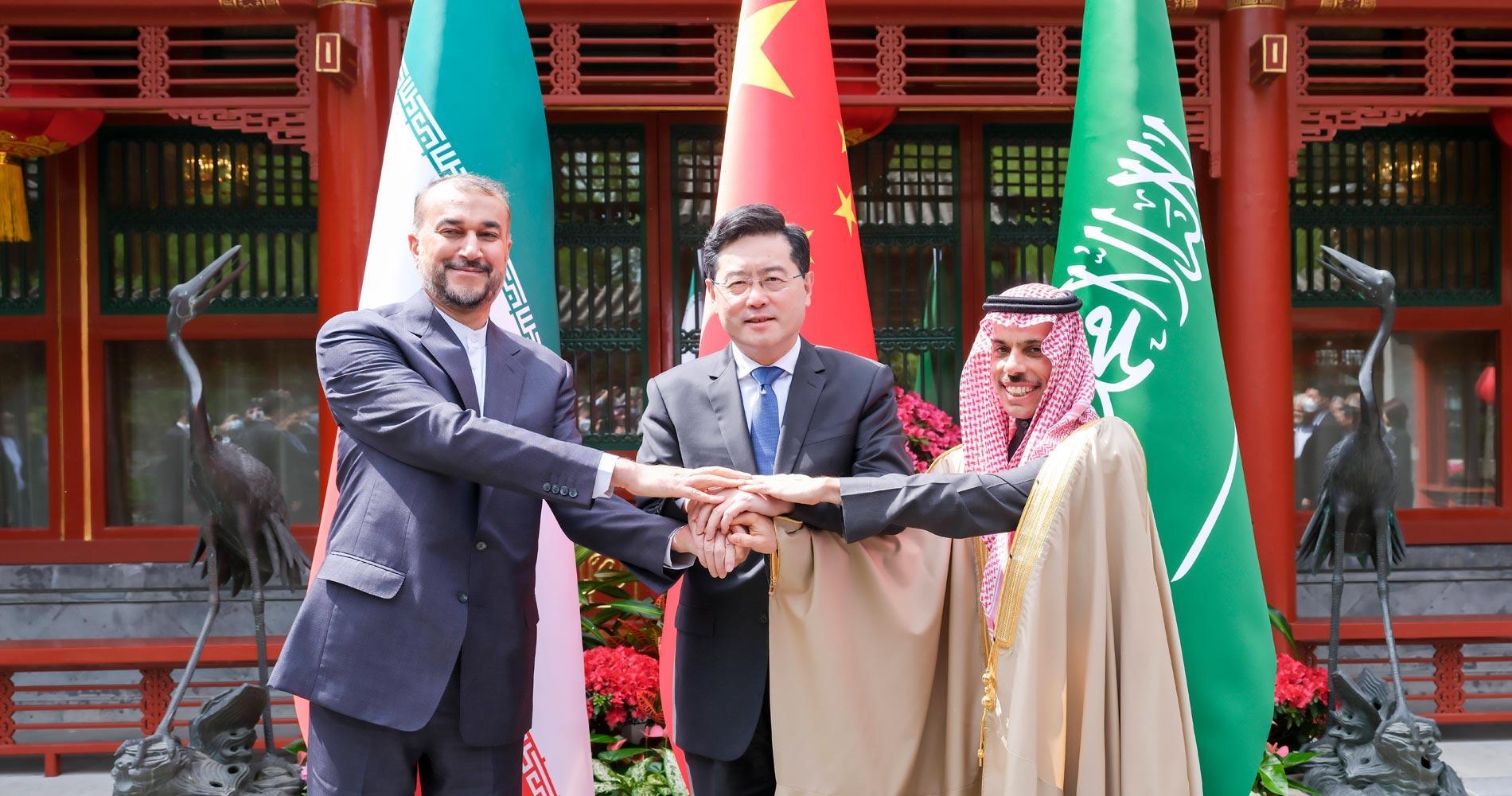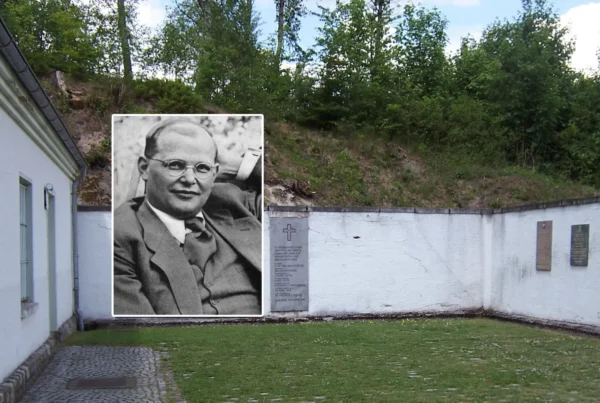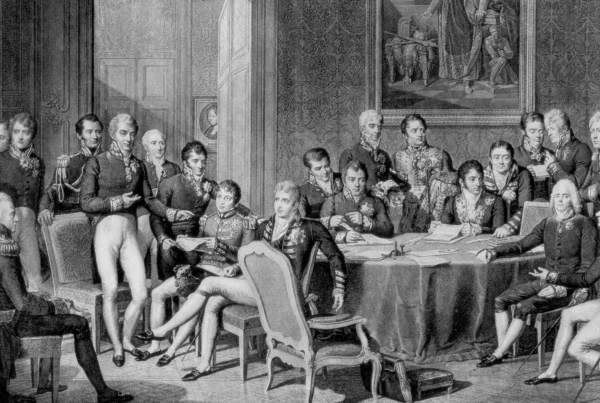The restoration of diplomatic relations between Iran and Saudi Arabia was only possible through the mediation of the PRC. The EU and the US, who individually and together could not achieve this diplomatic feat, showed the inherent weakness of the West’s rule-based order. Stability in the Middle East and the Persian Gulf will be boosted by this rapprochement. By working together to achieve common political and economic goals, there is no telling what Iran and Saudi Arabia cannot achieve – also regarding the JCPOA or the Palestinian question.
Heinz Gärtner, 4 July 2023
China’s Role Represents the Essence of Diplomacy
The restoration of diplomatic relations between Iran and Saudi Arabia through the mediation of the Republic of China was a major political event in the Middle East, the Persian Gulf, and a success for diplomacy in general. The participation of China gave the agreement a global dimension. It goes without saying that it is an important step towards normalization between these two regional powers and the stabilization of the Middle East. The accord has the potential to enhance not only diplomatic but also trade, political, cultural and technological relations between Iran and Saudi Arabia. It has also demonstrated that Iran is very much capable of developing and utilizing diplomatic processes; which was denied by opponents of the nuclear agreement (JCPOA).
It should not have come as surprise, if one applied the regular rules and norms of diplomatic relations between state actors. All actors involved did what they were supposed to do in a world based on multilateral principles: Iran and Saudi Arabia prepared the eventual successful accord with several rounds of bilateral talks, and China played the role of the honest diplomatic broker, although it also had its own interests.
Missed opportunity by the US and the EU
Both, the US and the EU missed the opportunity to play a major diplomatic role because they are caught in their definition of a “rule-based order”, which means only working with states one agrees with. Traditional diplomacy requires managing relations with states that have potential conflicts with each other. However, President Biden’s dichotomy between democracies and autocracies is a major obstacle for establishing normal diplomatic relations with a large part of the world. Based on this premise, the US had no partner to talk to regarding Iran-Saudi relations. while maintaining good relations with Saudi Arabia but not with Iran. An honest broker must build contacts with all the parties despite disagreeing with the values or the behavior of one or all of them.
To leave this initiative to its rival China demonstrates the political weakness of the EU. The EU always claimed it maintains normal relations with all the states in the Persian Gulf. However, over time it developed a hierarchical list of relations. It goes without saying that Israel always was at the top of this list. But this does not mean that the EU could not engage the other states as well. The energy crisis contributed to the EU’s selective approach. The EU’s “Strategic Partnership with the Gulf” of May 2022 covered many important issues such as trade, investment, youth employment, pandemic, transport, digitalization, energy security, green transition and more. But the document does not include Iran, Iraq and Yemen– it mainly incorporates the members of the Gulf Cooperation Council (GCC). This selective approach continues to reduce the EU’s role as a credible broker.
This approach also contributed to the failure of the EU to revive the JCPOA and to provide Iran sufficient initiatives to defend the JCPOA effectively. It has to be said that the Saudi-Iran accord also does not address the JCPOA, but it might possibly facilitate the progress of the talks, as Saudi Arabia could well forego its initial opposition to the deal.
Cooperative security and regional arms control
The Iran-Saudi rapprochement could be seen as a kernel of a regional cooperative security system. After all, it emphasizes the necessity to respect each other’s national sovereignty and to refrain from interfering in the internal affairs of one another. Beyond the bilateral security issues, it can balance the Abraham accords that comprises among others Israel, the United Arab Emirates (UAE) and Bahrain, but not Saudi Arabia. The Accords were brokered by former US President Donald Trump and in many ways was designed as a future anti-Iranian alliance.
If regional cooperation could be expanded to the UAE and other Persian Gulf States, it might be possible to start regional arms control talks. Certain Western governments have demanded that Iran’s missile program be included in the JCPOA agreement. This is a very counterproductive demand, since it would address the program of only one party. Regional arms control talks could agree on limits on the numbers and range of missiles of all parties in the region. It goes without saying that without a resolution of the violent conflict in Yemen, regional security will remain shaky at best.
Palestinian rights have to be addressed
Another issue that has not been part of the Iran-Saudi agreement are the rights of the Palestinians. Both Iran and Saudi Arabia are strong supporters of Palestinian rights and could propose a common road map to achieve these. Saudi Arabia should remember the “Arab Peace Plan” of 2002 which requests the recognition of a Palestinian state within the borders of 1967 as a condition for the resumption of diplomatic relations with Israel. This is a condition which has been dismissed by the Abraham Accords. A common approach towards the Palestinians could open a path of Iran to the GCC.
Potential benefits
All in all, the Iran-Saudi Accord is a very good start for regional security cooperation. It is also an example of successful diplomatic efforts in the Middle East. Most of the actors could be beneficiaries. It can enhance regional stability which should be in the interest not only of the countries in the Persian Gulf and China but also of the United States. But there is still a long way to go.
Picture: Iran’s Foreign Minister Hossein Amir-Abdollahian (L), shakes hands with his Saudi Arabian counterpart Prince Faisal Bin Farhan Al Saud (R), and Chinese counterpart Qin Gang (C), in Beijing, 6 April 2023. According to a joint statement, the Iranian and Saudi foreign ministers met to discuss re-opening their embassies and consulates after the two countries signed a China-brokered deal on 10 March on resuming diplomatic relations. © IMAGO / ZUMA Wire
Other Articles Which Might Interest You
Time Is Running Out For Iran’s Nuclear Deal







